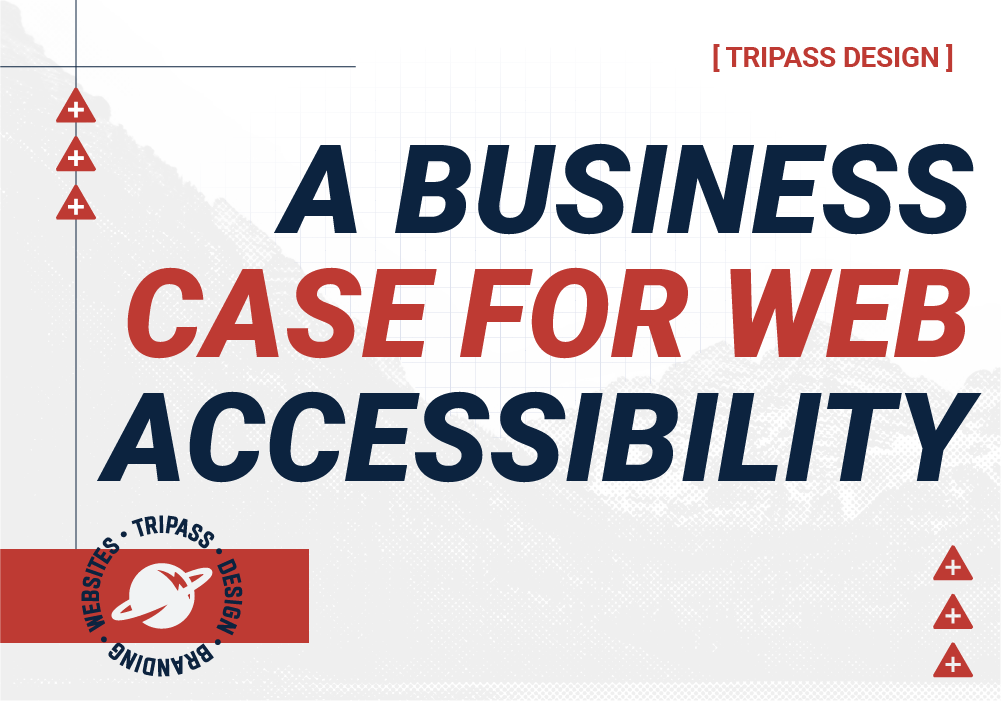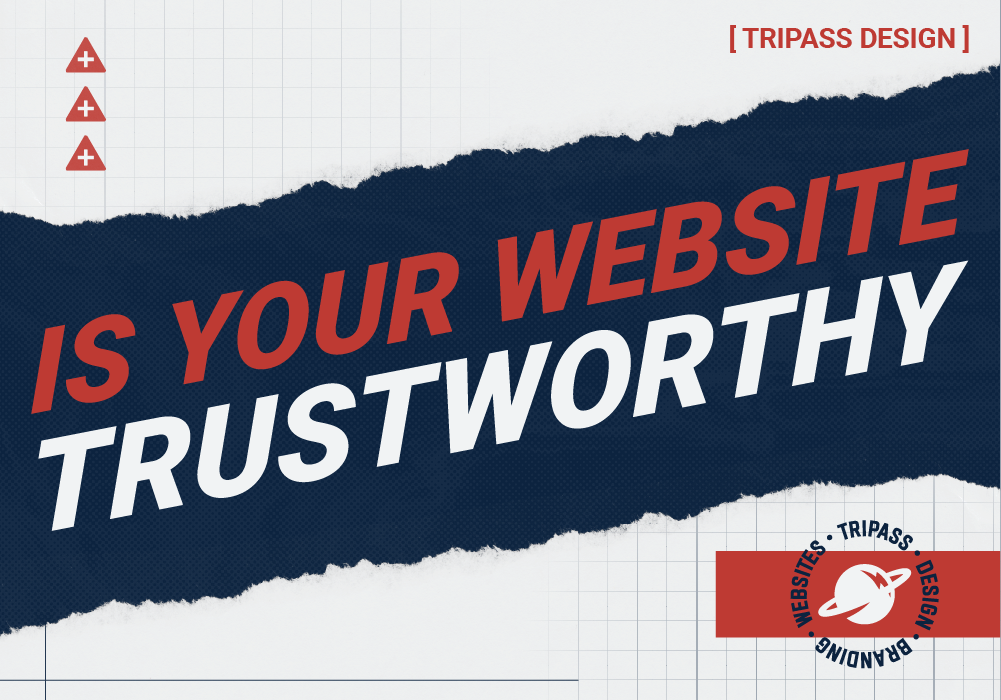Many small business owners don’t realize how important web accessibility is—not just for inclusivity, but to avoid legal and financial risks. It’s not something most people think about until it becomes a problem, often in the form of a lawsuit. But ignoring accessibility isn’t just a legal gamble—it’s also leaving money on the table.
Here’s why:
- Legal Risks: Non-compliance with the Americans with Disabilities Act (ADA) can lead to lawsuits, even for small businesses. In 2023, over 4,600 lawsuits were filed for web accessibility violations, with many targeting smaller companies unaware of their obligations. These cases typically claim that websites fail to provide adequate access to people with disabilities, and they can cost businesses tens of thousands of dollars in settlements and legal fees. (nfib.com)
- Missed Market Opportunities: Accessibility isn’t just about avoiding penalties—it’s about reaching more customers. Globally, over one billion people live with disabilities, representing a massive market segment often excluded by inaccessible websites. In the U.S., the discretionary income of working-age people with disabilities is approximately $21 billion. That’s a lot of potential customers being unintentionally shut out. (forbes.com)
What’s the solution? Build accessibly from the start. Addressing accessibility proactively means your website is usable by everyone, reduces the risk of legal action, and creates a better experience for all users. Plus, accessibility features like alt text, simple navigation, and readable fonts improve SEO, helping your website rank higher in search engines.
This isn’t just about compliance—it’s about running your business smarter. Being accessible means you’re ready to serve all customers and avoid unnecessary legal hurdles. It’s an investment in your reputation, your customers, and your bottom line. Take action now, before someone else forces you to.



